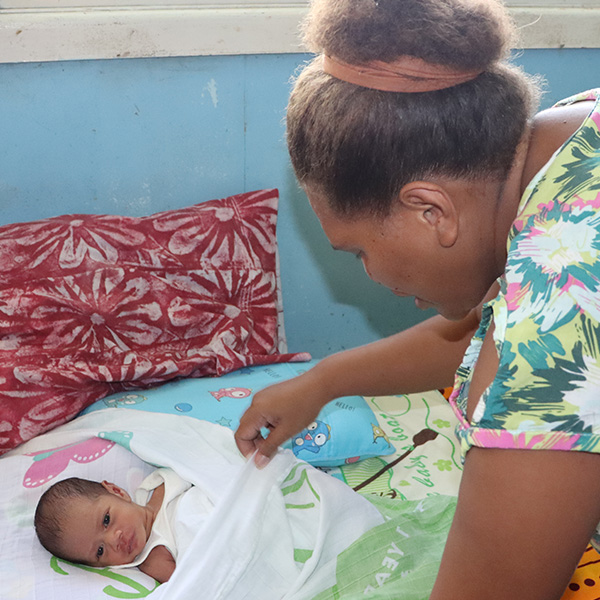The RBA must finally pause on interest rate rises at its Tuesday meeting to reduce the chance of a harsh economic downturn that puts thousands of people out of paid work and makes cost of living pressures worse for people on lowest incomes, says ACOSS.
With consumer spending slowing after ten successive interest rate rises, ACOSS warns raising rates could further increase unemployment and push more people into poverty and destitution while income supports remain woefully low.
The ACOSS Cost of Living Report released last week found 68 per cent of people on income support are skipping meals and 93 per cent of those renting privately are in rental stress due to the soaring cost of living.
ACOSS CEO Cassandra Goldie said raising interest rates again will put even more people in a situation where they are struggling to afford essentials.
“Right now millions of people are being forced to make appalling choices between food and medicine in one of the world’s wealthiest nations.
“People on JobSeeker and related payments cannot afford to eat enough, cannot get essential medication or healthcare, and often go into debt to pay their energy bills.
“Raising interest rates again risks driving up the unemployment rate and throwing even more people to the back of a longer job queue.
“ACOSS recognises inflation is a serious problem that must be tackled – but the government should not rely on the blunt tool of interest rates which have been aggressively raised 10 times in a row.
“Instead the government should tackle inflation by addressing price rises at their source.”
ACOSS is calling on the government to:
- Strengthen the role of the ACCC to tackle inflated market pricing
- Implement better regulation of the private rental market to protect against exorbitant rent increases
- Take further action to reduce energy costs including fixing the setting of the Default Market Offer to better balance profits with pricing for this essential service
- Invest to make homes energy efficient for people on low incomes and take further action to reduce out of pocket costs for other essential services
- Lift the adequacy of income supports including Youth Allowance and JobSeeker and invest in a jobs and training offer for the 500,000 people unemployed long-term to improve their employment prospects and ease labour shortages.
The government should also reach agreement with the RBA on a formal full employment target (low unemployment and under-employment) and give it equal priority to the Bank’s inflation target. At the same time, the agreed inflation target must be raised to avoid more people losing their jobs.
Key facts
Interest rate rises impact on the economy 12-18 months after they are announced. After the sharpest interest rate hikes in decades this year, there are signs that inflation is stabilising or declining.
- In the December quarter the CPI rose by 1.8%. ‘Core’ inflation or ‘trimmed mean’ CPI rose by 1.6%, compared with 1.8% for both measures in Sept 2022.
- In that quarter, the CPI was propped up largely by spending on holidays and travel, reflecting pent up demand from the pandemic. That is likely to subside.
- Retail sales slumped by 3.9% in December.
At the start of 2023, we saw the potential signs of a slowdown in employment as employment and hours worked decreased while underemployment increased:
- Employment decreased by 15,000 workers (seasonally adjusted) (Jan 2023)
- The employment to population ratio decreased to 64.3% (Jan 2023)






